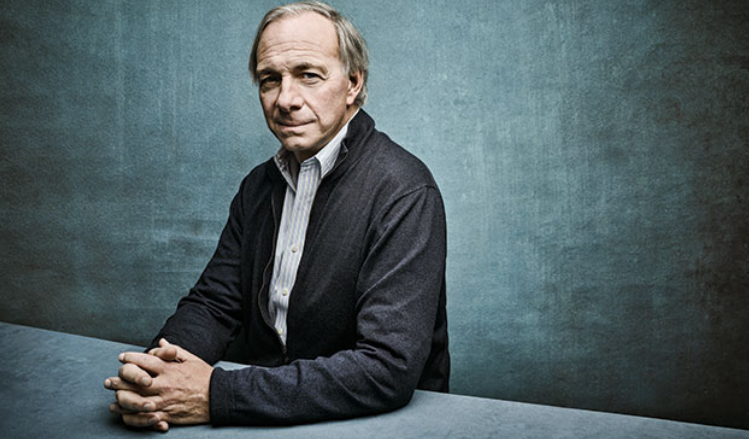Wisdom from Ray Dalio

The problem with markets is that they change. What works today probably won't work in 10 years.
That's why some investment managers are superstars for a time and then flame out.
However some people have managed to shift with markets and one of them is Ray Dalio. In a LinkedIn post published today he talks about paradigm shifts in markets.
A great point that he makes is that paradigms -- by definition -- are things that have gone on for long enough that people think they will never end. He touches on examples like debt driving asset prices higher and low volatility leading to high volatility.
A few years ago nearly everyone assumed the paradigm of free trade and globalization would continue indefinitely. Trump, Brexit and some other events upended that overnight.
"In paradigm shifts, most people get caught overextended doing something overly popular and get really hurt," he writes.
The difficulty is in knowing which paradigm you are in. He believes a shift is coming. In his latest piece he outlines the shifts over the past 100 years to show how they work and then his thinking about what's coming ahead.
Where we are:
He believes we're coming to the end of the QE cycle in part because central banks can't push yields any lower because of a lack of assets to buy.
"Central banks doing more of this printing and buying of assets will produce more negative real and nominal returns that will lead investors to increasingly prefer alternative forms of money (e.g., gold) or other storeholds of wealth"
He cites three things that have boosted stock prices:
- Cheap money
- Improved profit margins due to automation and globalization
- Corporate tax cuts
He says the S&P 500 would be negative over the past 20 years without those factors.
What's next
Dalio admits that predictions are tough but outlines a way forward.
I think that it is highly likely that sometime in the next few years, 1) central banks will run out of stimulant to boost the markets and the economy when the economy is weak, and 2) there will be an enormous amount of debt and non-debt liabilities (e.g., pension and healthcare) that will increasingly be coming due and won't be able to be funded with assets. Said differently, I think that the paradigm that we are in will most likely end when a) real interest rate returns are pushed so low that investors holding the debt won't want to hold it and will start to move to something they think is better and b) simultaneously, the large need for money to fund liabilities will contribute to the "big squeeze." At that point, there won't be enough money to meet the needs for it, so there will have to be some combination of large deficits that are monetized, currency depreciations, and large tax increases, and these circumstances will likely increase the conflicts between the capitalist haves and the socialist have-nots. Most likely, during this time, holders of debt will receive very low or negative nominal and real returns in currencies that are weakening, which will de facto be a wealth tax.
Dalio suspects debt will be monetized and also asks what will be the 'next-best' currency to hold. He also doesn't believe equities will provide a worthwhile return.
As hinted above, he believes the thing to own is gold.
I think these are unlikely to be good real returning investments and that those that will most likely do best will be those that do well when the value of money is being depreciated and domestic and international conflicts are significant, such as gold.




